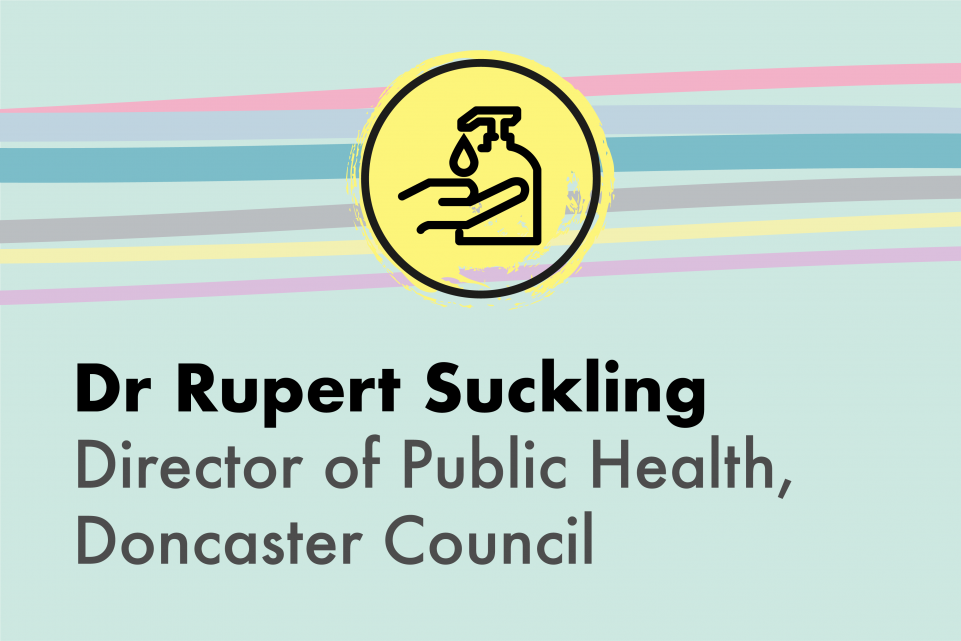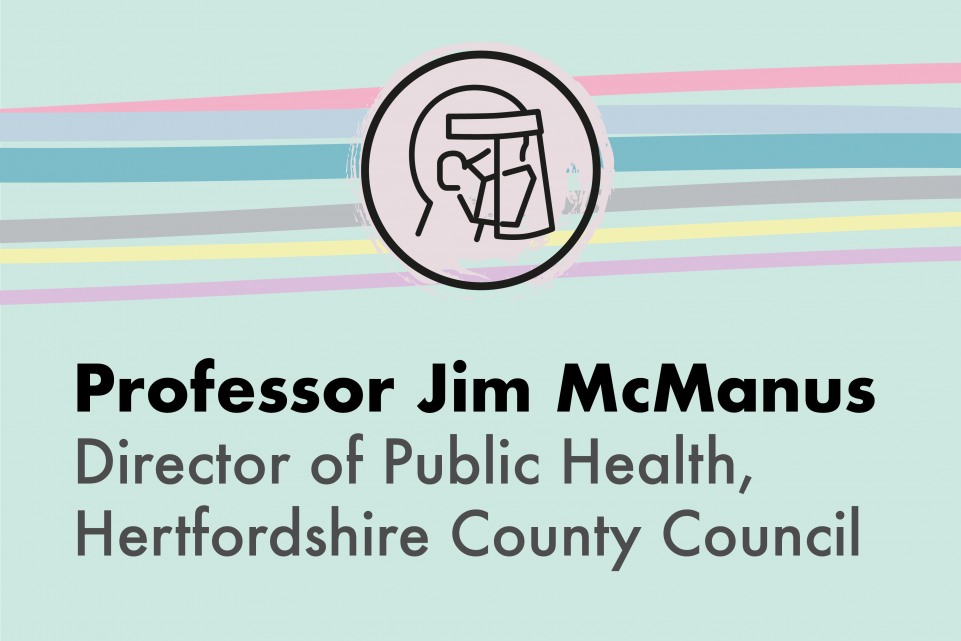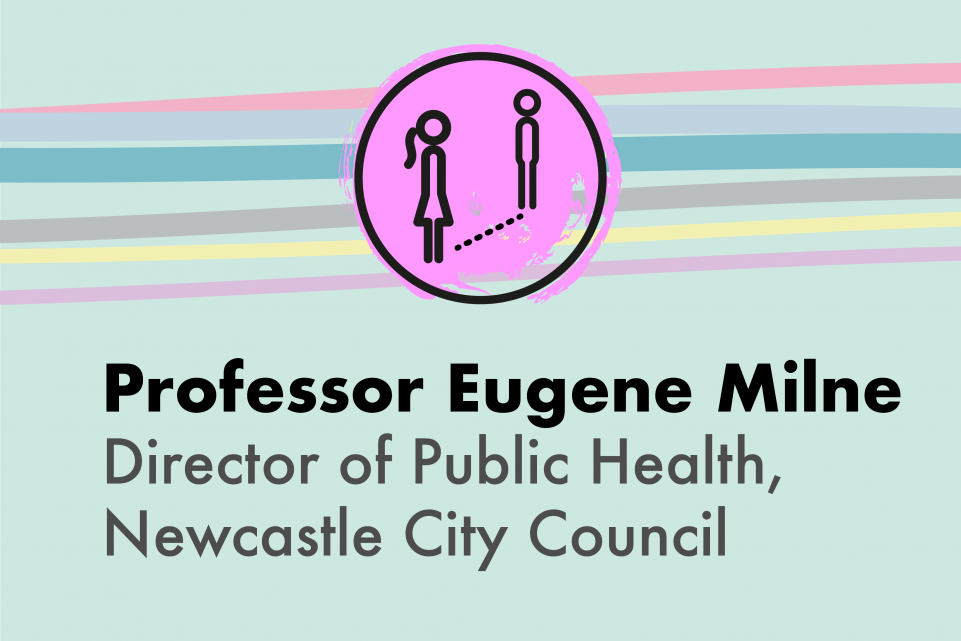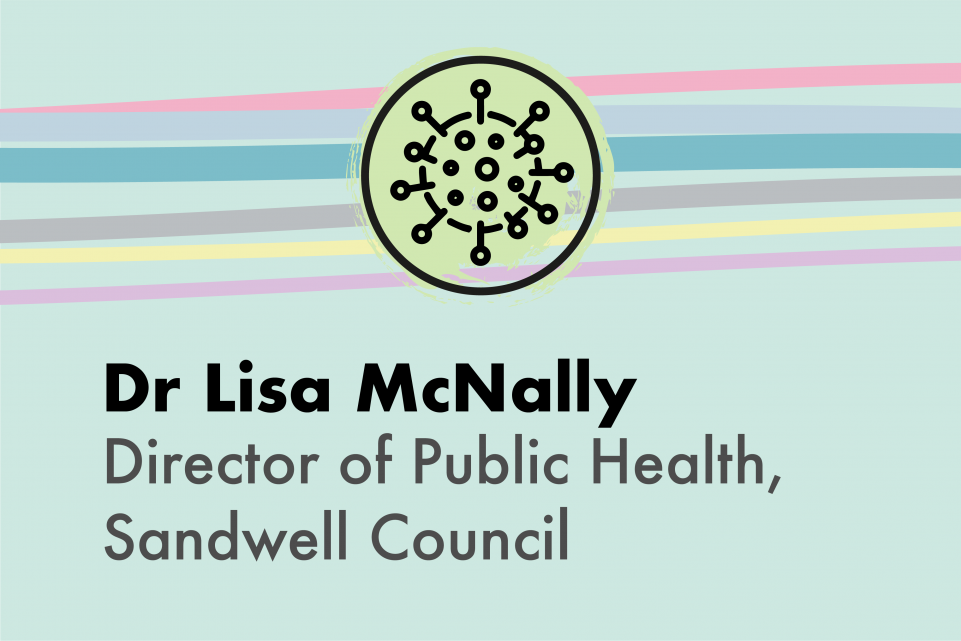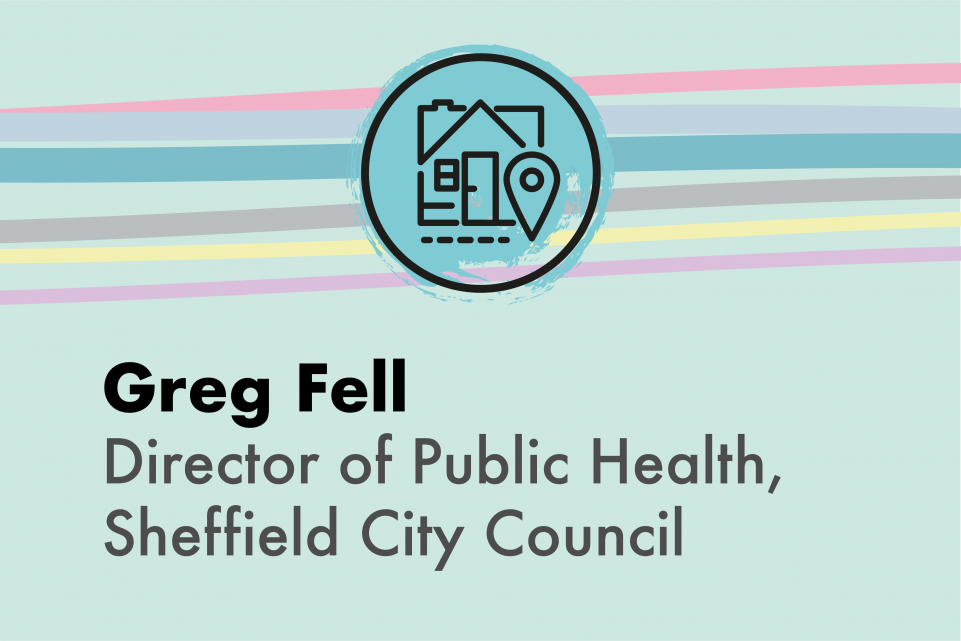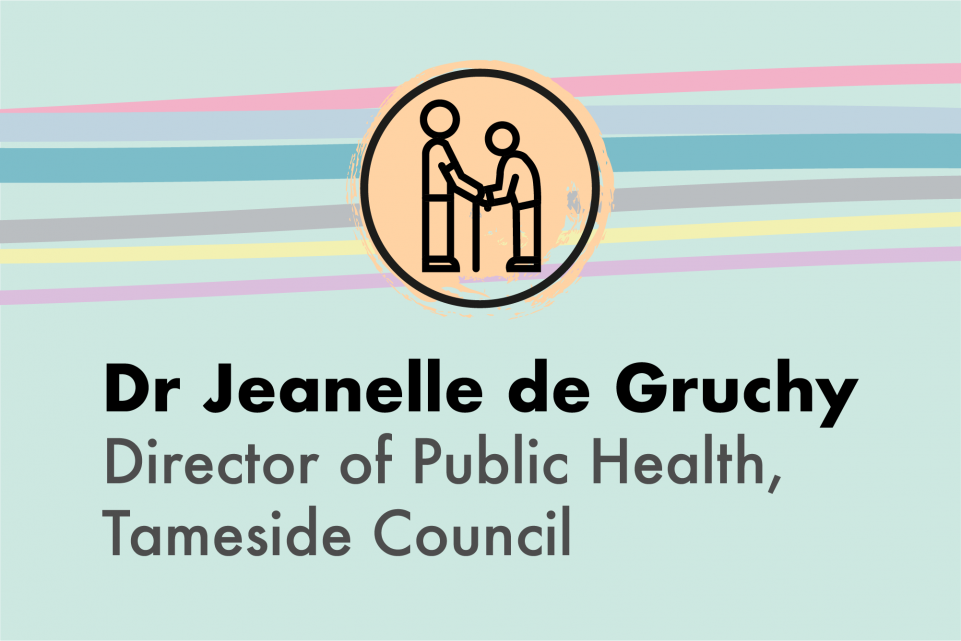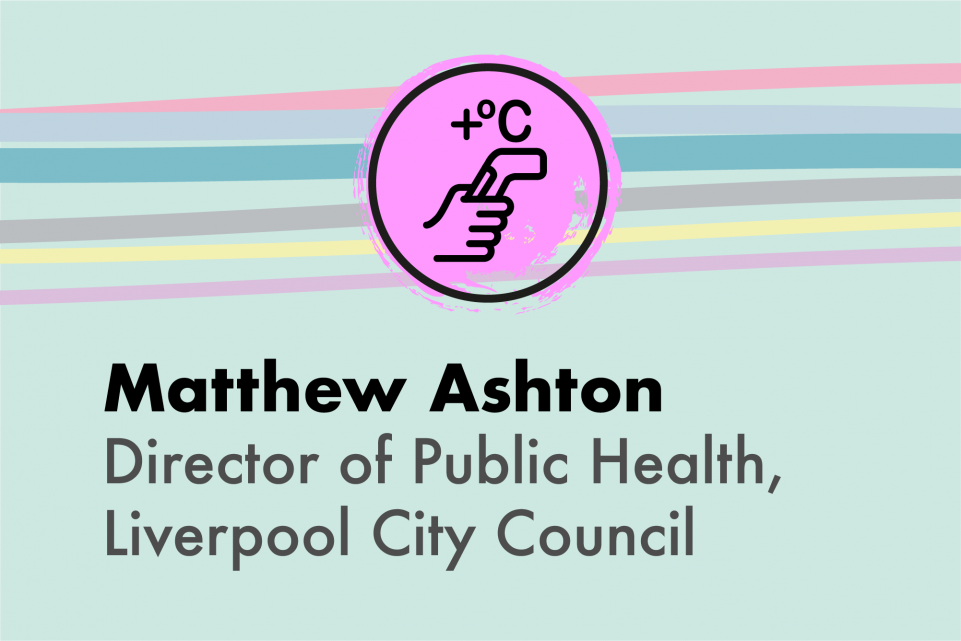Interview with Ruth Tennant, Solihull Metropolitan Borough Council Director of Public Health.
This is the eighth in a series of interviews with public health directors, published on 29 May 2020.
Ruth Tennant had an early introduction to the coronavirus epidemic in the UK – and the challenges coordinating an effective response.
Birmingham’s airport is in her borough so Public Health England was in touch in January about the emerging virus in China. Then in early March she was alerted to a repatriation flight coming back from the US containing 136 Brits, mostly older people, who had been on a cruise ship.
‘We rolled up our sleeves and got on with it’
Ms Tennant, Solihull Metropolitan Borough Council Director of Public Health, said: “We only had 24 to 48 hours’ notice. Central coordination was unclear, we were working off limited information and, on the day, we needed all hands on deck to manage the passengers who’d had a long flight on a converted cargo plane after being in quarantine.
“We took over one of our offices and had a production line of council emergency planners and public health people making food and welfare packs. Passengers lived all over the country and many had long journeys to get back home.
“I rang our chief nurse at the CCG who got a team of nurses to provide extra help on the ground, with PHE’s port health and health protection teams. The medical response was important as we needed to make sure that anyone showing any signs of COVID-19 was isolated, but we didn’t know if people had other health conditions and just felt people needed some reassurance and kindness after a tough period.
“It was obvious we needed much earlier involvement to plan it, but locally we rolled up our sleeves, got on with it and brought in what we needed. Local agencies pulled together really well, working with the cruise company and airport staff and just did what needed to be done to get people safely home.
Getting the coordination right
She said as the pandemic developed, similar underlying issues could be seen in the approach taken in other areas from testing to PPE.
“Testing capacity was being increased quickly. We had a centre at Edgbaston cricket ground run by the private sector. But when it opened it wasn’t clear how it was going to work for key workers – it was a challenge getting care workers and other staff there, knowing how to book a place and what they needed to do.”
With PPE, the council quickly realised extra support needed to be put in place. “Right from the start I’d been asking where extra stocks for social care would come from and early on we decided to get in some extras and set up a local PPE store ‘just in case’. As things progressed and the scale of the challenge became clear, we’ve had to source kit directly from suppliers where we could and then adding supplies that are now flowing through the local resilience forum. Our team have done an incredible job.
“Care home testing has also been a real issue and we took the decision quite early to test everyone. The national system’s been clunky and testing can’t be carried out in isolation – people need good advice around what they need to do to control spread, get rapid access to PPE if they are short, get test results quickly and know what these mean.
“We’ve got a great team now that includes PHE, public health, social care, CCG infection control nurses and our community swabbing team and every day they’re going out and working with the homes.
Finding the right balance
“We’re moving into a new phase now that lockdown’s starting to ease and we’ve all learned a lot. Locally, we did a ‘real-time’ pandemic flu training exercise involving over 300 staff in January, before we had any idea what was coming and many people were involved in dealing with swine flu.
“But nothing can ever prepare you well enough for something on this scale and people – whatever their job is – are working so fast to get this right. It’s really clear though that our response needs a really good balance of national and local.
“We have come up with solutions on the ground because we know how things work here and we know who to talk to get things done. It doesn’t matter if they work for councils, the NHS, the voluntary sector – we have networks of people who can pull together. This just can’t be done centrally.
Track and trace will be a clear example of this. “It is going to be hugely complex work. We may have to have this in place for a year, maybe 18 months. It has to be sustainable, but we cannot expect to have a perfect system in place straight away from day one. What is important is that we learn fast and make rapid changes.”
Another immediate priority is schools. Solihull has developed a COVID risk assessment for head teachers to carry out. “Different schools face different challenges. Some have more space, more outside areas that allow them to apply social distancing more easily.
“We’re working with schools so they carry out their own risk assessments. Head teachers understand risk – it’s something they manage all the time although not on this scale. I think one of the trickiest things schools face – and everyone for that matter – is working out what is an acceptable level of risk.
“There’s still a lot we don’t know about this virus and the scientific picture is being pieced together all the time. But we need to be able to balance the risk of the virus against the risk of prolonged lockdown and that isn’t easy.”
The challenges for the future
Looking ahead, Ms Tennant said there will be many more challenges. “We need to be able to respond immediately, but also watch the horizon so we know what’s might be coming next. We already know about some of the wider consequence of coronavirus on mental health and domestic violence. We’ve put in more support, but the effects of this will be felt for a very long time.
“We don’t understand yet what the long-term health and care needs will be either from people who’ve made it through COVID, particularly people who’ve been on ventilators for a long time, but these will be significant.
“We also know that there have been rapid and unprecedented changes that under normal circumstances would have taken years. I’m seeing bike sales taking off locally and a people looking a bit wobbly on two wheels as they get out for the first time in years. This is great and we need to make sure we keep this going and get the right changes to our infrastructure to cement these behaviour changes.
“I’ve had really positive feedback for some of the digitally-led work that’s had to replace some of our front-line services including on-line peer recovery workshops. We need to keep the best of what we’ve learned from this.”


